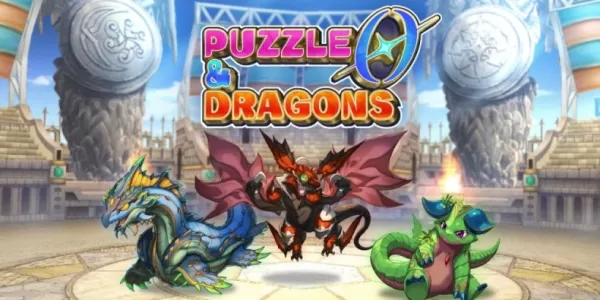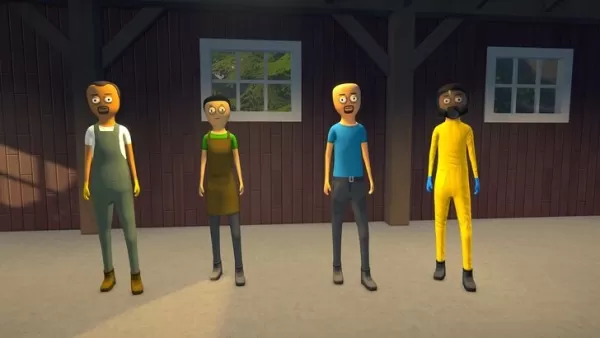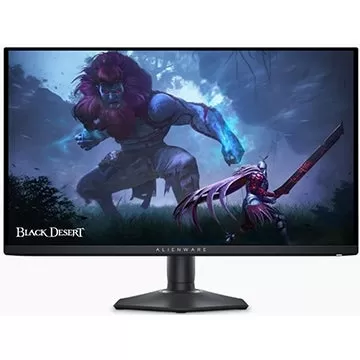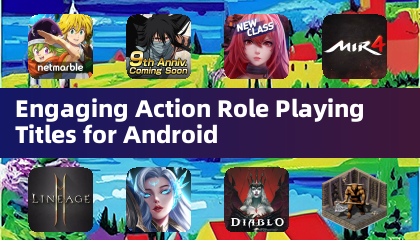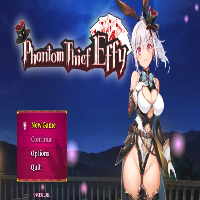The gaming industry has faced significant challenges recently, with layoffs, studio closures, and funding issues becoming all too common. Enrique Fuentes, CEO and co-founder of Teravision Games, felt this turbulence intensely when his team launched *Killer Klowns From Outer Space*, an asymmetrical horror game inspired by the 80s cult classic. Despite positive reception (IGN rated it a 7, praising its entertainment value) and high viewership for its trailers, the post-launch period proved challenging for Teravision, reflecting the broader struggles within the industry.
"2024 was a tough year for the entire industry, which made it harder for us to secure our next project," Fuentes explains. Despite previous collaborations with major names like Disney, Nickelodeon, and Xbox, finding a follow-up to *Killer Klowns* proved difficult. With time running short, the studio, staffed by veterans with two decades of industry experience, decided to pivot to an innovative approach: developing games within Fortnite using Unreal Engine for Fortnite (UEFN). In under a year, Teravision successfully released three UEFN games, with their fourth game, *Courtyard King*, launching today. This game leverages the official *The Walking Dead* content pack available in UEFN.
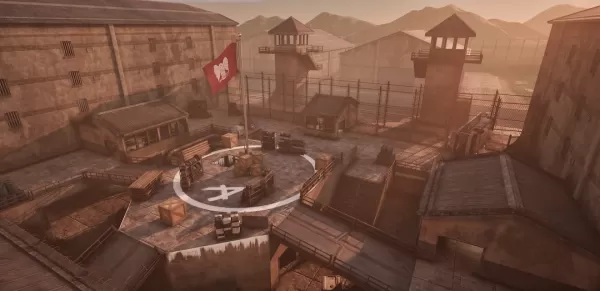
Collaborating with Skybound, co-founded by *The Walking Dead* creator Robert Kirkman, *Courtyard King* is a King of the Hill-style multiplayer PvPvE game set in the iconic prison location from the series. Players battle both each other and NPC zombies to control territory. The game uses official *The Walking Dead* assets, including character models of Rick Grimes, Negan, and Daryl Dixon, and even integrates story and dialogue crafted with Skybound's writers.
"Instead of a multi-year project like *Killer Klowns From Outer Space*, these are projects we can complete in weeks or months," says Fuentes. "We've worked with big brands before, and UEFN was something we were experimenting with. We never imagined it would lead to a collaboration with a company like Skybound. But user-generated content (UGC) is a major trend in gaming right now."
UGC has been a driving force in gaming, popularized by platforms like Fortnite and Roblox. While UGC traditionally refers to content created by players, the concept of professional studios developing UGC is newer. Fortnite's Unreal Engine 5-based tools have been particularly beneficial for experienced developers like Teravision.
"It made sense for us to experiment in this platform, given our engineering background," Fuentes notes. "We could assume some of the risk, and these projects are much quicker to develop."
Teravision's experimentation led to the creation of *Havoc Hotel*, a roguelike shooter where players fight through hotel levels, earning currency to buy more powerful weapons. The success of *Havoc Hotel* and its sequels, particularly *Havoc Hotel 3*, has made it a consistent top performer in Fortnite.
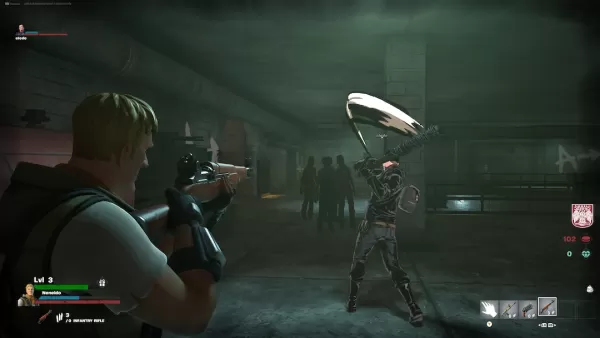
Martin Rodriguez, a game designer at Teravision, highlights the ease of transitioning from Unreal Engine to UEFN. "It was convenient for us, and it gave our experienced devs an advantage. The streamlined systems and drag-and-drop processes allowed us to focus on creating better games and exploring new ideas."
While the engineering team adapted well to UEFN's tools, the game design team faced unique challenges. LD Zambrano, Teravision's creative director, notes that UEFN games differ from traditional ones. "In traditional games, players interact through clear objectives that foster cooperation and competition. In UEFN, we found that popular experiences often revolve around unique situations and interactions that may not lead to clear competition but still engage players."
Zambrano likens UEFN games to playground games, where players create spontaneous, sometimes nonsensical games that foster engagement and friendship. This concept is reflected in *Courtyard King*, an infinite game where matches continue indefinitely, with players joining and leaving, and even switching teams. There's always a winning team, but no final winner, allowing for dynamic gameplay and strategic shifts, including betrayals reminiscent of *The Walking Dead*.
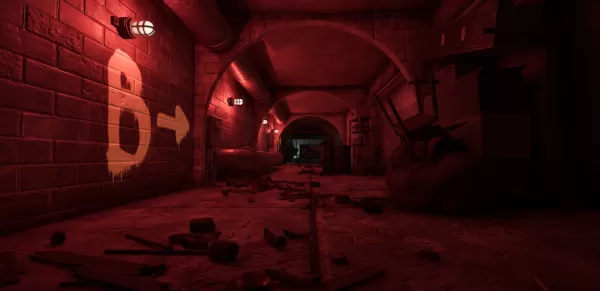
Looking forward, Fuentes sees UEFN as a viable model for game developers. "It allows indie developers like us to assume risks that were previously unthinkable. We can now support an 80-person studio and develop projects in weeks or months, not years. With the right ideas and creativity, execution becomes possible much faster. This is a dream come true for indie developers."




 LATEST ARTICLES
LATEST ARTICLES 